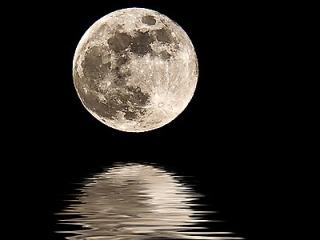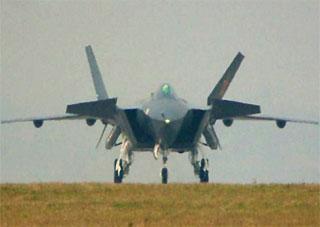
PARIS (AFP): Water on the Moon came in large part from comets which bombarded the lunar surface in its infancy, a study published Sunday suggests.
For decades, the Moon was thought to have been as dry as it was void of life and atmosphere.
This assumption, though, has been revisited after findings by NASA last year of significant traces of frozen water in a permanently shadowed crater.
Astrophysicists led by James Greenwood of Wesleyan University in Connecticut analysed rock samples collected during the Apollo expeditions, looking in particular at variations in hydrogen isotopes in a water-loving mineral called apatite.
The signature, they say, points to three potential sources: from the sub-surface lunar mantle, from protons brought by the "solar wind" of particles blasted from the Sun -- and from comets.
The isotope measurements in the apatite were similar to those previously found in three well-known comets: Hale-Bopp, Hyakutake and Halley.
Comets have been described as frozen reservoirs of water orbiting the Sun, for they contain vast quantities of ice in their heads.
Under a "giant impact" theory dating back to the 1970s, the Moon was formed from part of Earth, after our planet collided with a space rock or planet some 4.5 billion years ago.
"Significant delivery" of cometary water occurred after the Moon-forming event, suggests Greenwood's team.
Comets also provided Earth with some of its lavish endowment of water as well as key chemicals to kickstart life, according to some hypotheses.
The paper is published online by the journal Nature Geoscience.
 Previous Article
Previous Article Next Article
Next Article











The Indian Air Force, in its flight trials evaluation report submitted before the Defence Ministry l..
view articleAn insight into the Medium Multi-Role Combat Aircraft competition...
view articleSky enthusiasts can now spot the International Space Station (ISS) commanded by Indian-American astr..
view article